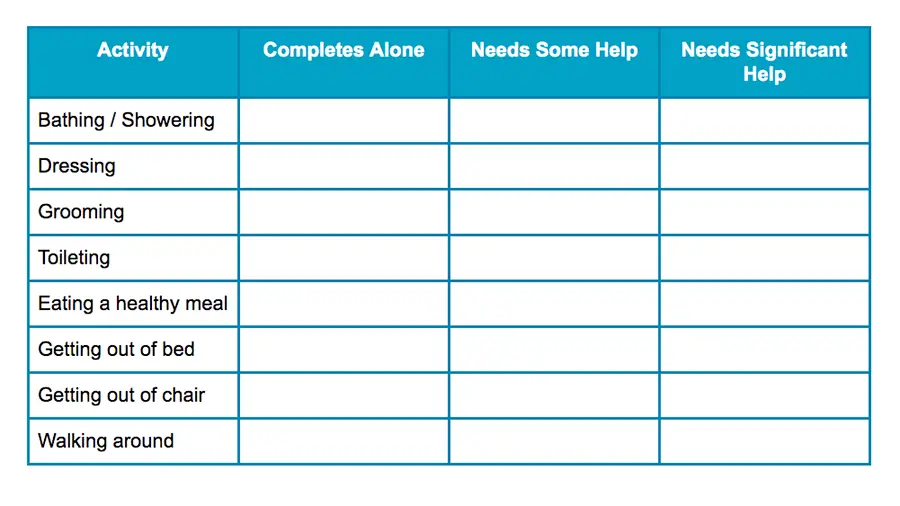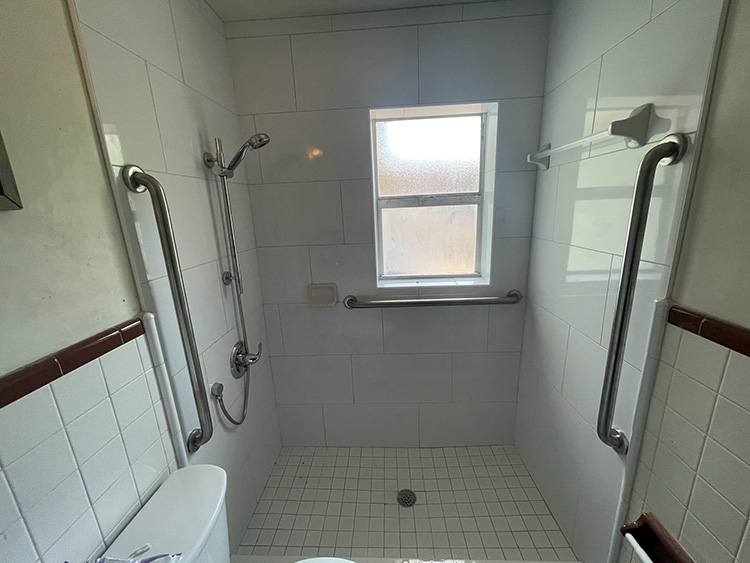10 Essential Tips for Caring for Aging Parents at Home: Caregiving 101

Post Tags :
Share :
Caring for Aging Parents: A Compassionate Guide for Family Caregivers
Caring for aging parents is one of life’s most meaningful responsibilities. While it’s gratifying, it often comes with its challenges. As your loved ones age, their needs shift, and providing the right emotional, physical, and logistical support becomes crucial. Whether you’re new to caregiving or looking to refine your approach, this guide will help you navigate the journey with confidence and compassion.
Understanding the Role of a Caregiver
Being a caregiver goes beyond assisting with daily tasks. It’s about creating a supportive environment that fosters dignity, independence, and a high quality of life.
This role can include:
- Managing healthcare appointments and medication schedules.
- Helping with daily activities like bathing, dressing, and meal preparation.
- Offering companionship and emotional support.
- Coordinating resources, from home modifications to professional care services.
Key Takeaway: Every caregiving experience is unique. Understanding your parent’s specific needs to deliver effective, tailored care.

Step-by-Step Guide to Supporting Aging Parents at Home
1. Evaluate Their Needs
Start by assessing your parent’s overall well-being. Focus on:
- Health: Chronic conditions, medications, and doctor visits.
- Mobility: Their ability to move safely within the home.
- Cognition: Memory, communication, and decision-making skills.
- Daily Activities: Tasks like cooking, cleaning, and personal hygiene.

2. Create a Safe Living Environment
Make home adjustments to ensure your parent’s safety and comfort.
- Declutter spaces to remove trip hazards like loose rugs or wires.
- Add safety features like grab bars, non-slip mats, and improved lighting.
- Prepare for emergencies with a visible list of contacts and a first-aid kit.

3. Build a Daily Routine
Consistency can be comforting and reduce stress for aging parents.
- Morning: Encourage a structured start with hygiene and breakfast.
- Physical Activity: Light exercises such as yoga or short walks.
- Social Engagement: Regular phone calls, visits, or group activities.

4. Manage Healthcare Effectively
Stay on top of your parent’s medical needs with these strategies:
- Accompany them to doctor appointments to stay informed.
- Use pill organizers and reminders to manage medications.
- Prioritize preventive care like vaccinations and regular check-ups.

5. Provide Emotional Support
Aging often brings feelings of loneliness or uncertainty.
Be their emotional anchor by:
- Listening to their concerns with patience and empathy.
- Encouraging them to engage in hobbies or meaningful activities.
- Celebrating their milestones and achievements, no matter how small.

6. Care for Yourself
Caregiving is demanding, and your well-being is essential to providing the best support.
- Take Breaks: Dedicate time for self-care and relaxation.
- Seek Support: Join caregiver support groups or talk to a counselor.
- Delegate Tasks: Ask family members or hire professional help when needed.

When to Consider Professional Home Care
Sometimes, professional caregivers are the best option for ensuring comprehensive support.
They can:
- Provide specialized care for medical conditions.
- Offer respite care, giving you time to recharge.
- Deliver personalized assistance tailored to your parent’s unique needs.
Why It Matters: Professional care complements your efforts, creating a holistic caregiving plan.

Building a Strong Caregiving Relationship
- Communicate Openly: Keep your parent informed and involved in decisions.
- Respect Their Independence: Let them do what they can on their own.
- Practice Patience: Understand that adapting to changes takes time.
Golden Rule: Treat your parent with the same care and respect you would want for yourself.

Conclusion: Your Journey as a Caregiver
Caring for aging parents is a journey of love, resilience, and growth. By adopting these strategies, you can ensure their dignity and independence while maintaining your well-being. Remember, you’re not alone—lean on family, community, and professional resources to make the journey fulfilling.
Call to Action:
Ready to elevate your caregiving journey? Explore the personalized home care services offered by Previce Care to ensure your loved one receives the best possible support.

